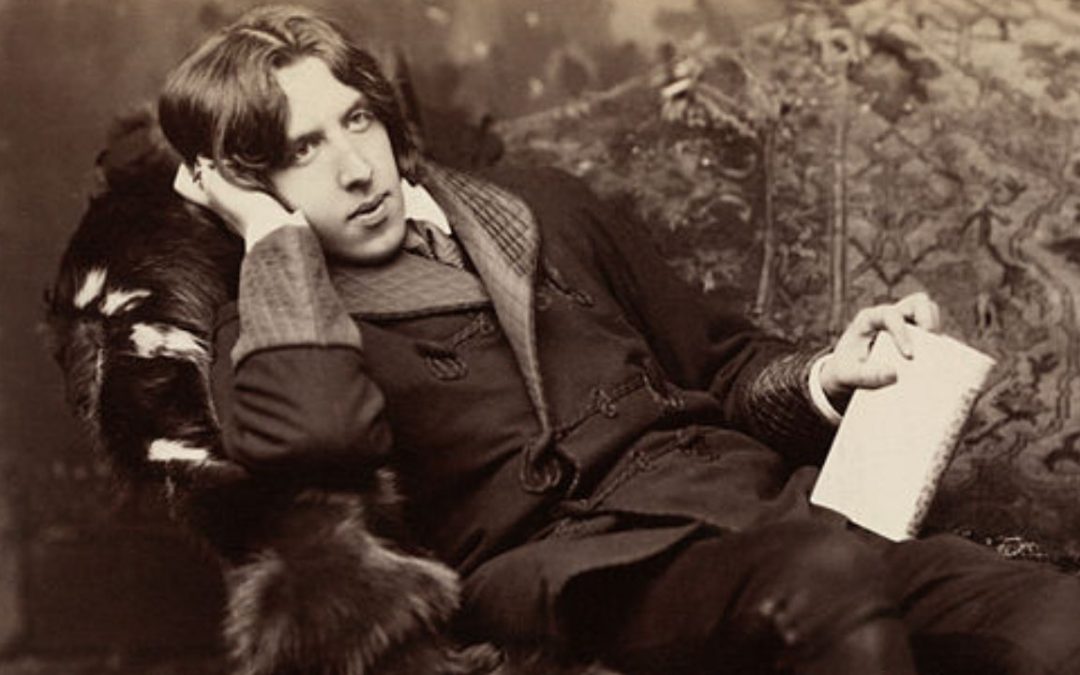The Victorian era was a period of massive cultural, political, scientific, and religious change. New standards of morality and clearer understanding of geography shaped Victorian outlooks. This in turn affected the work of poets and novelists, who play an important role in representing cultures. Future historians will look back on the popular poets of today and judge our culture accordingly. Some of the most beautiful uses of the English language were during the reign of Queen Victoria. And in this article we’ll be looking at the artists behind some of those works – more specifically, here are the ten greatest Victorian poets.

Anne Brontë
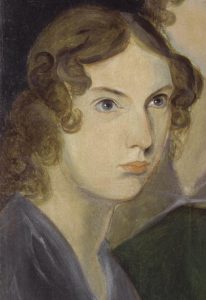
Anne Brontë was born into an impoverished yet talented family. With her two sisters she published a volume of poetry under male-sounding pen names. They hoped the volume would be a commercial success but it was an absolute failure, only receiving serious recognition after their deaths. Anne Brontë’s poems are much well known than her sister’s are, but I think her’s are better. They dealt with more realistic themes that some would call boring and dull. But they reflect more deeply the true nature of romance and relationship than romanticized writing tended to. Just don’t expect to always find happy endings when reading her stories.

William Wordsworth
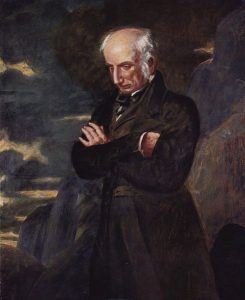
William Wordsworth was the complete opposite to Anne Brontë. He was a true romantic, not only allowing himself to become carried away with emotion but relishing every moment of it. His style of loose use of descriptive language gave his poems the feel of a stream of consciousness, despite being carefully thought out. One of his most famous and well received poems, I Wandered Lonely as a Cloud, was written after the sight of a row of daffodils. He lived up to the surname Wordsworth, being made the Poet Laureate, which is the official poet of the British monarch. Wordsworth stopped writing when his daughter died young in a tragic yet fitting end for such a romantic career.

Gerard Manley Hopkins
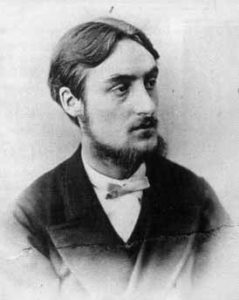
Gerard Manley Hopkins wasn’t well known at all during his lifetime, but rose to fame after his death. Much of his poetry was religious in nature, which you might expect of a reverend who converted to Catholicism. Hopkins’ unique style can be seen in his most impactful poem, The Wreck of the Deutschland. It tells of a German ship which wrecked in 1875. The poem was only published decades after the death of it’s author, which is a shame because it’s now considered a masterpiece. It’s 35 lines long, which is unusually long for a poem like that. This can be explained by Hopkins’ style of poetry being much more descriptive than usual.

Thomas Hood
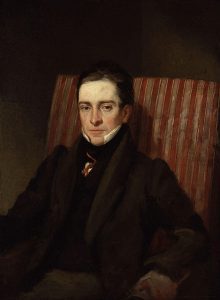
Thomas Hood was a humorist. People would read his poems purely for entertainment, rather than for beautiful expressions of emotion, but that didn’t make him any less of a wordsmith. In fact, many view him as the greatest poet of his generation. His writings give us a fantastic insight into Victorian Britain, with some of his most well known poems describing industrial fog so thick the sun couldn’t be seen, and even grave-robbery. In his poem “I Remember, I Remember”, he gave a genuinely sentimental view into how he remembers his childhood. Combine this with his wit and he’s easily among the greatest Victorian poets.

Christina Rossetti
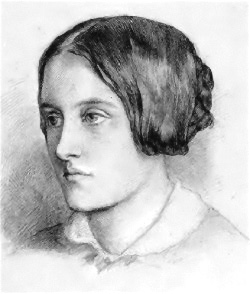
Like most Victorian poets, Christina Rossetti’s work was largely romantic in theme. She wrote a Christmas Carol called “In the Bleak Midwinter” after learning of a competition to write a Christmas-themed poem. She wrote poems from young age and never stopped until death. Her later work reflected the inevitability of death and explored it as a natural tragedy. In her own words:
“I shall not see the shadows,
I shall not feel the rain;
I shall not hear the nightingale
Sing on as if in pain”
Her work inspired a host of other writers of her time but rapidly declined in fame during the first half of the 20th century. It was only in the last few decades that she has become more well known.

Oscar Wilde
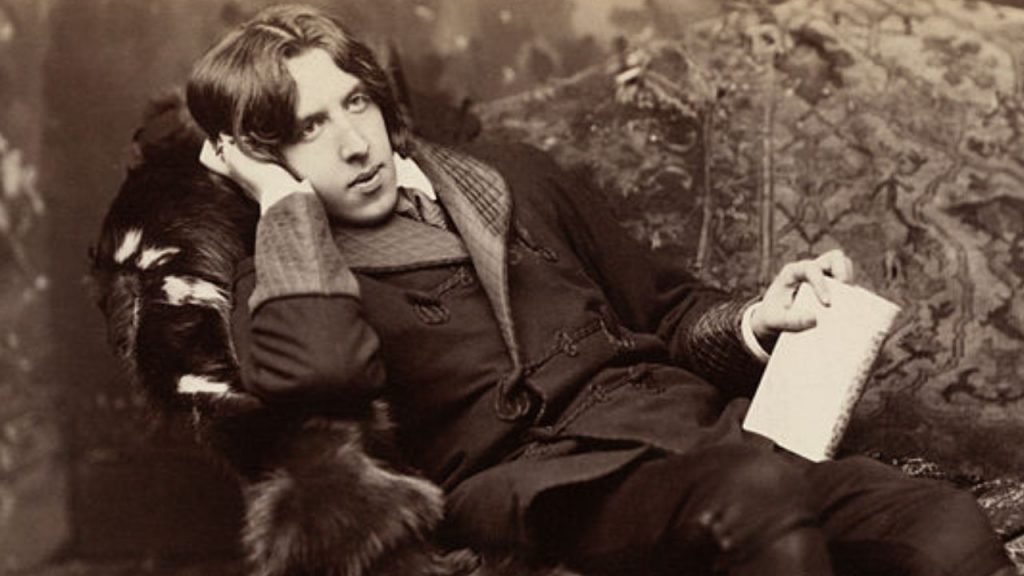
Oscar Wilde was more well known as a novelist but it would seem odd not to include him on a list like this. His eccentric personality didn’t always come through in his poetry, with Punch magazine noting: “The poet is Wilde, but his poetry’s tame”. But I think he was among the best Victorian poets, with his charm and literary skill he was able to produce a unique collection of poems. Such poems are overshadowed both by his fictional works and by him being found guilty of homosexuality, which was considered a disgraceful crime in those days. He reflected on his imprisonment with the poem “The Ballad of Reading Gaol”.

Robert Browning
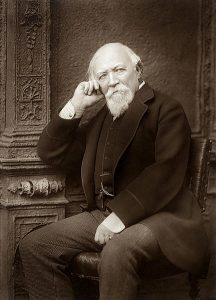
Robert Browning is remembered for using dark humor and dramatic monologues in a way most poets are unable to. This won him the praise of Charles Dickens. Dickens saw that Browning was able to convey deeply held political and philosophical views through his writing, and so it’s no wonder he really did have a significant impact of Victorian culture. There were entire social groups established with the single goal of studying his work. His poems were very Romantic, laced with references to Shakespeare and with a familiar ‘ye olde England’ feel. I think the overly dramatic nature of it makes the whole thing more fun.

Elizabeth Browning
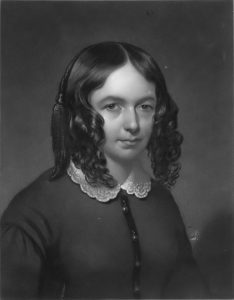
Elizabeth Browning was actually the wife of Robert Browning, and the more famous of the pair. She was a gifted poet from a young age, achieving the admiration of other poets like Edgar Allen Poe. Similar to her husband, she wrote romantic epics, which were entertaining while still conveying powerful messages. She leveraged her fame by campaigning for the complete abolition of slavery. She took to writing alone in dimly-lit rooms as it would aid her concentration. It’s thought that her life-long illness is one of the reasons she was able to pour so much emotion into her work. It’s hard to say what she actually had but it caused spinal pain from childhood.

Thomas Hardy
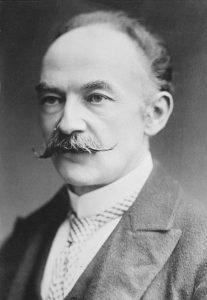 I’ve never read any novels by Thomas Hardy, my mother warned me not to as she says they’re both dull and depressing. However, I have read some of his poetry and think it’s great. There’s a reason his writing was often depressing. It’s because he worried about the urbanization he witnessed during the Victorian era. He spent three decades writing poems and released them as one single volume. Unlike most other Victorian poets, Hardy was diverse in style. Many of his poems were in different forms, but all carried his unique character. And many of his poems described how Europe seemed to have been stained by warfare over several centuries.
I’ve never read any novels by Thomas Hardy, my mother warned me not to as she says they’re both dull and depressing. However, I have read some of his poetry and think it’s great. There’s a reason his writing was often depressing. It’s because he worried about the urbanization he witnessed during the Victorian era. He spent three decades writing poems and released them as one single volume. Unlike most other Victorian poets, Hardy was diverse in style. Many of his poems were in different forms, but all carried his unique character. And many of his poems described how Europe seemed to have been stained by warfare over several centuries.

Lord Tennyson
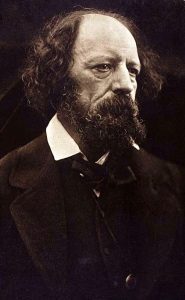
Alfred Tennyson was so good at poetry they made him a lord. His talent spoke for itself, seeing him rise from a middle-class child to Queen Victoria’s official poet. She thought he deserved to become a Baron. I think she was right. Tennyson was a master of wording short verses which left a powerful impression on audiences. This might be why his play writing career never quite panned out. He just wasn’t that good at writing long form, but excellent at writing war poems. Luckily for him the Victorians saw an awful lot of war.

